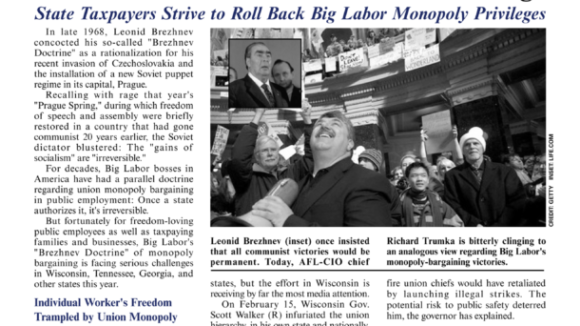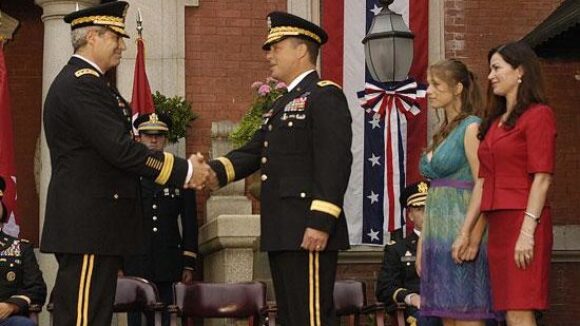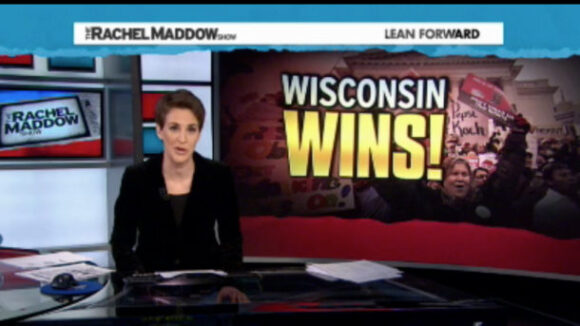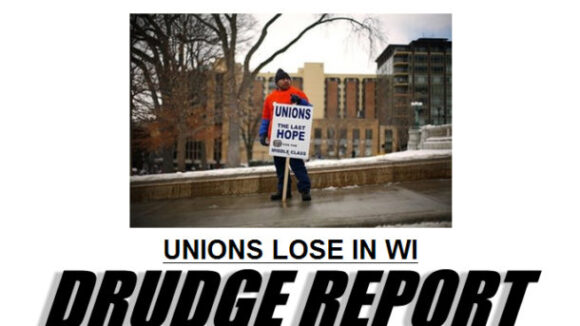Right to Work Legal Foundation battles for truck driver’s rights against Teamsters and wins
The National Right to Work Legal Defense Foundation battles for truck driver’s rights against the Teamsters and wins legal victory.
Allyson Bird of the Charleston Post and Courier:
A state judge has ruled that a Teamsters union local discriminated against a North Carolina trucker and owes the driver $55,500 in back pay for preventing him from working on the television series "Army Wives."
The Lifetime cable drama currently is filming its fifth season locally. The labor dispute arose during the show's third season, which left a makeup truck driver from Wilmington, N.C., named Thomas Troy Coghill out of work.
"Army Wives" typically uses 15 to 20 drivers daily when filming, according to a court filing. Coghill began working for the show during its second season, when many drivers with the South Carolina-based International Brotherhood of Teamsters Local 509 had committed to working on the movie "The New Daughter," also shot locally.
Local 509's business agent, L.D. Fletcher, threatened to picket, according to the court filing, unless "Army Wives" cut all drivers who were not members of his organization.
"Army Wives" transportation coordinator Lee Siler told Coghill that he should move to South Carolina and join Local 509 if he wanted to work the third season, the court filing says.
Coghill testified that he wrote and called the local -- even while in India -- but months passed without a response. Eventually, Fletcher told him the union was closed but that he would add Coghill to a "B list."
Fletcher later admitted that no such list existed, according to court documents.





